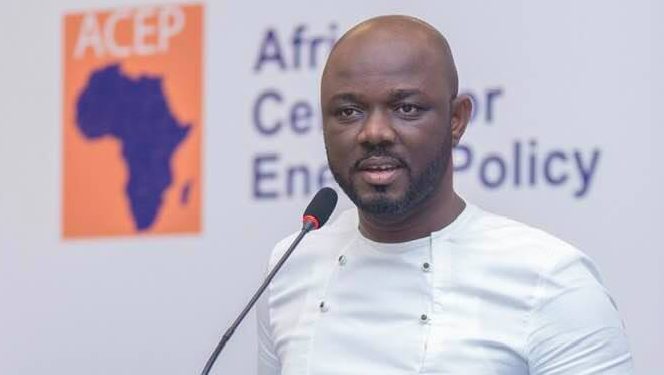The Africa Centre for Energy Policy (ACEP) has disclosed that the conditionalities of the International Monetary Fund are not helping curb the revenue leakages in the country’s energy sector.
In a report dubbed, ‘Protecting Ghana’s Economic Sustainability in the Face of Power Sector Risks,’ the energy think tank said the already implemented conditionalities are not reflected in the revenue mobilisation efforts of the country.
The report said though electricity tariffs have been increased by 100 percent in the last ten months, there is still a liquidity challenge confronting the sector.
“The IMF conditionalities are already being operationalised, primarily based on the theoretical assumption that raising tariffs would enhance the sector’s liquidity. From September 2022 to June 2023, tariffs have increased by approximately 100%, a situation that could never have been possible without the IMF programme.
“However, liquidity has worsened. The Cash Waterfall Mechanism (CWM), implemented to improve liquidity, has failed to achieve its objectives in two key areas: ensuring proportional distribution of revenues and enhancing revenue collection.”
The report added that in spite of various funding facilities from the US government and the African Development Bank (AfDB), the inefficiency in the power space has drained the resource in record proportions.
“The world bank has spent on the Energy Sector Recovery programme for four years and failed to reduce inefficiencies. The US government spent about $308 million through the MCC Compact 2, and other interventions through Power Africa.
“AFDB has supported the PURC on regulatory efficiency and transparency. Nonetheless, the sector has deepened in inefficiency and drained the public resource in that period more than ever.”



